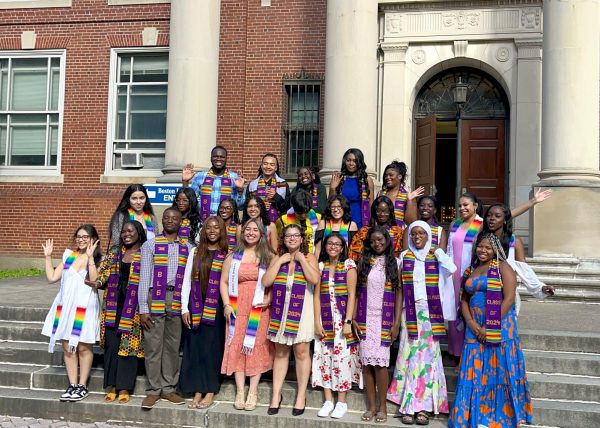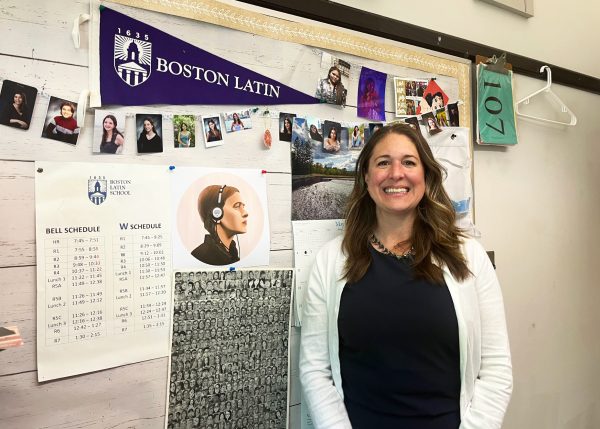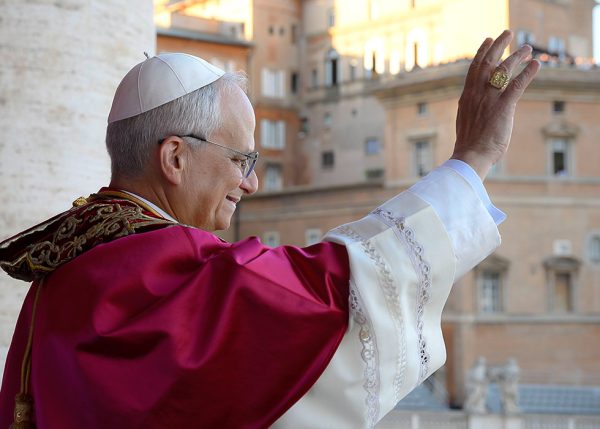Electric Bus Pilot Program Sparks Interest
As the first major project of the Boston Green New Deal, 20 electric buses entered the Boston Public Schools transportation system on February 27.
Mayor Michelle Wu’s administration hopes to transition all 700 buses currently utilized by the transportation system to electric vehicles by 2030. For riders, there will not be significant changes, except for the possibility of less noise from the vehicles. The BPS Department of Transportation took the lead on the bus transition and will continue to play a major role in the city’s climate action.
BLS YouthCAN co-president Maya Nelson (I) says, “Electrifying the MBTA is a whole, bigger project, so this will only affect the select number of [Boston Latin School] students that get the yellow buses.”
The Green New Deal is an environmental initiative that has appeared in cities around the country, inspired by the national proposal introduced by Congresswoman Alexandria Ocasio-Cortez (D-NY). It aims to prevent harm to the environment by mitigating the effects of climate change. Boston, especially vulnerable due to being a coastal city, has made a City Green New Deal, which entails creating environmentally resilient and accessible schools to promote health and social learning since schools make up almost a half of the city’s carbon emissions.
Boston’s Green New Deal director Oliver Sellers-Garcia explains the vast amount of considerations that go into projects: “The Green New Deal is a decision-making framework. […] It’s like what can we do for justice, […] quality of life, and climate together?” He continues that in discussions, the intersectionality of environmental justice is considered through an economic lens. Often, women and people of color who manage small, locally-owned businesses do not receive sufficient support. The contracts set up by the Green New Deal cater to these businesses by considering price and transparent communication.
The initiative will also open up many skilled jobs, training for those positions, and allow for more efficient energy use within businesses. One idea still in development is to disallow construction of new buildings that would house fossil fuels. In addition, electric charging stations would become more common in the next few years as well, increasing the demand for electricians.
YouthCAN co-president Maia Frost (I) is eager for these changes, saying, “It’s so great that we are having legislative action because that’s the main way to lower carbon emissions.”
The positive impacts of the other projects are on the horizon. Since the bus transition is only a pilot program, local officials are still looking to solidify the next steps.
Sellers-Garcia predicts, “I think it’s going to be really easy […] to adjust to it, but […] the plan is to really learn from this year.”





